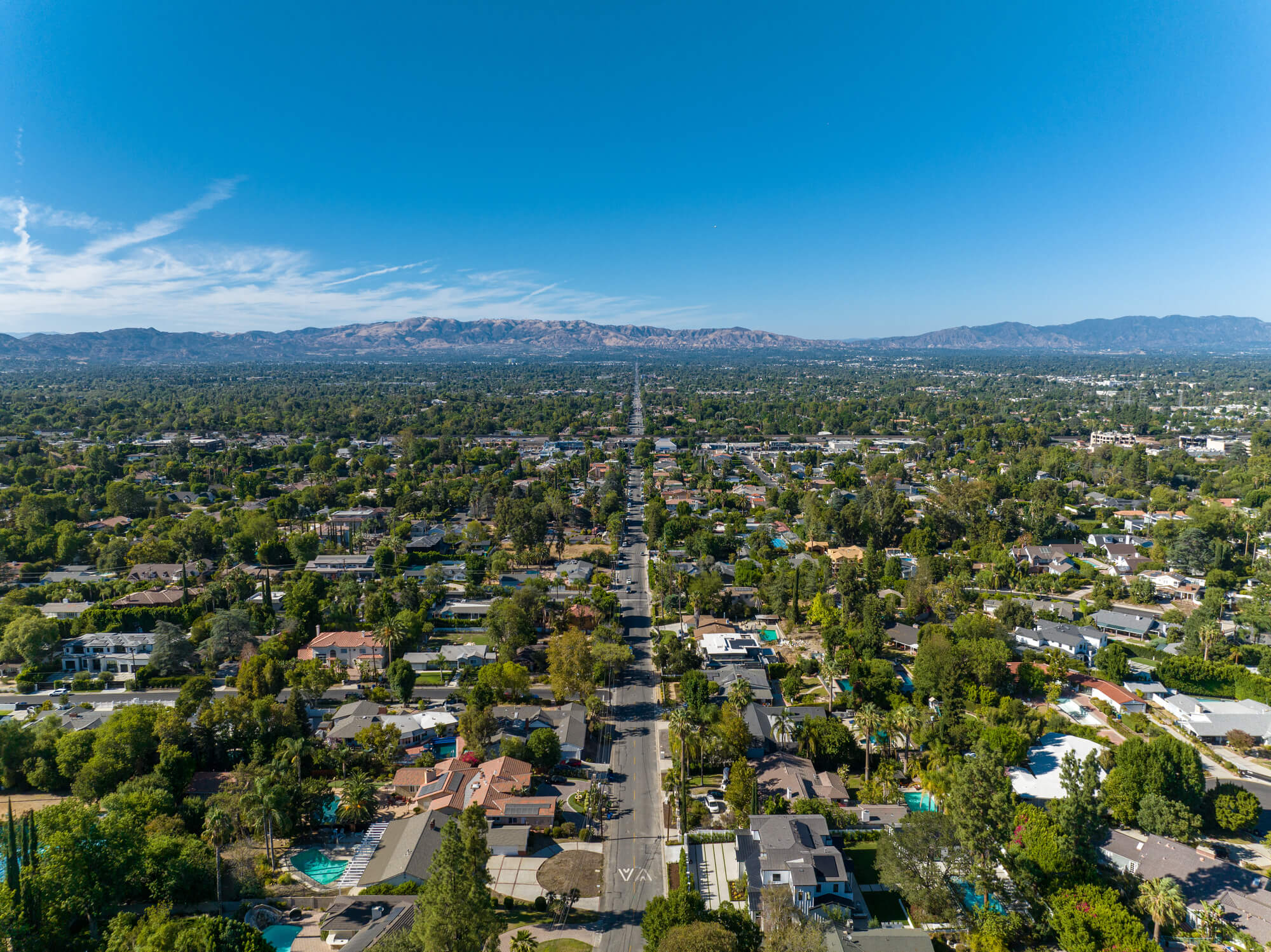Tarzana, named after the fictional Tarzan character and lauded for its leafy neighborhoods, exudes an air of urban sophistication mixed with tranquil living. As seniors in this district enjoy well-manicured streets and local boutique shops, they also encounter the subtle progression of aging—such as mild cognitive lapses or shaky motor control. Neurological Genetic Testing for Brain offers a scientific way to ascertain whether these signals stem from inherited factors tied to conditions like Parkinson’s, Alzheimer’s, or rarer neurodegenerative syndromes. By identifying these genetic markers early, Tarzana’s older adults can incorporate specialized care regimens into their refined lifestyles, maintaining cognitive clarity and independence for the long haul.
The blueprint for healthy brain aging is partly written in our genes. Mutations in genes like APOE or SNCA can derail protein-clearance processes or disrupt chemical signals vital for cognition, paving the way for progressive issues. Yet, a genetic predisposition—while it heightens risk—doesn’t seal a person’s fate. Seniors in Tarzana who learn about these vulnerabilities often bolster routines with purposeful fitness, curated diets, and mental exercises. This synergy of knowledge and action resonates in a neighborhood that prizes health-conscious living, from daily power walks to spa-based therapies that boost both mind and body.
Neurogenetic Disorder Testing zeroes in on specific conditions, each with unique gene associations:
A positive marker indicates an elevated risk—prompting seniors to either adopt preventive therapies, conduct regular check-ups, or even enroll in clinical trials exploring ways to stave off full disease onset.
Tarzana’s older adults often begin with a conversation at a local clinic—spurred by repeated memory slips or a family line of neuro issues. A quick blood or saliva test from specialized labs reveals whether a recognized mutation lurks. Once results return, genetic counselors decode the clinical language, sizing up each gene’s threat level. In an area as well-connected as Tarzana, seniors promptly move to the next phase—like advanced MRI scans, dietary consults, or memory-care sessions—ensuring no gap emerges between discovery and therapy. This integrated route epitomizes Tarzana’s reputation for streamlined, top-tier healthcare experiences.
Realizing one carries a gene that predisposes them to Alzheimer’s or Huntington’s can undercut the confidence gleaned from a lifetime of self-sufficiency. Concerns about eventually requiring daily assistance or burdening loved ones surface. In Tarzana, supportive networks—ranging from faith-based groups to neighborhood associations—temper these fears by offering rides, meal coordination, or simply moral support. Genetic counselors, too, shift the discourse from fate to prevention, underscoring how risk can be a rallying point for targeted lifestyle changes. This balanced narrative helps older adults remain assured that while genes influence outcomes, proactive measures can significantly delay or diminish a disorder’s severity.
The All Seniors Foundation partners with Tarzana’s medical ecosystem to streamline the genetic testing journey. From clarifying insurance details to linking seniors with reputable labs, the foundation ensures older adults aren’t sidelined by logistical headaches. After test results appear, foundation staff offer educational workshops, connect individuals to specialized geriatricians or dietitians, and highlight local community resources. This comprehensive approach mirrors Tarzana’s holistic aesthetic—bridging cutting-edge medicine with everyday luxuries that keep older adults engaged and empowered, even if a gene flags potential neurological concerns.
Once seniors identify potential genetic vulnerabilities, many fold brain-protective measures into daily living. A diet brimming with antioxidants, lean proteins, and whole grains fosters healthy blood flow and neuron stability. Low-impact but consistent workouts—like pool aerobics or guided dance—enhance coordination and resilience, especially vital for Parkinson’s risk. Simultaneously, mental exercises—from reading circles to smartphone-based cognitive games—retain or even expand memory reserves. In Tarzana, known for its well-appointed gyms, healthy eateries, and cultural events, weaving these strategies into an active schedule proves both natural and socially enriching.
Tarzana’s marriage of upscale comfort and health-forward thinking offers an ideal stage for seniors exploring Neurological Genetic Testing for Brain. By exposing inherited markers behind conditions like Alzheimer’s or Parkinson’s, older adults transform vague symptoms into targeted, high-level care plans. With the All Seniors Foundation’s supportive infrastructure—and a wealth of local resources—seniors seamlessly shift from testing to prevention. Whether it’s adopting new exercise routines, refining meal plans, or scheduling advanced neurological scans, each measure upholds Tarzana’s ethos of graceful, proactive living, ensuring that genetic risk does not overshadow the comfort and vibrancy of daily life in this esteemed community.
